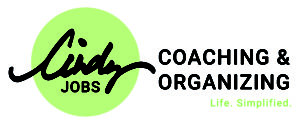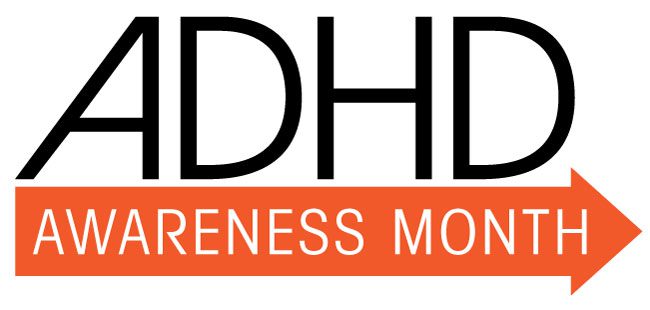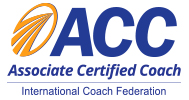Communication when challenged with ADHD is tricky.
I often hear the following from my clients:
- “I don’t know how I missed that in the e-mail. Once they pointed it out it was clear as day.”
- “I thought I heard them correctly, but apparently I didn’t.”
- “I don’t even remember them saying anything about that.”
- “Thinking back, I don’t know why I reacted to strongly.”
- “Why can’t people just send me an e-mail? Why do they insist on having hallway conversations?”
Whatever the intention, our behavior affects others and we must accept responsibility for our actions. People with ADHD (neurodiverse brains) may experience increased complexity during the often complicated communication process.
Why? People challenged with ADHD may exhibit the following traits which can lead to a breakdown in communication:
- Inattention
- Reactivity
- Emotions (defensiveness)
It is sometimes a challenge for people with neurodiverse brains to maintain focus during conversations that may not be of great interest to them (“It’s October, do we really need to talk about holiday plans?”). It may also be a challenge to participate in conversations where they feel attacked (“why are you always late”) or misunderstood (“your being late proves you only care about yourself”).
Although we all may feel we have these communication challenges, most of us can focus on the value of the “now” conversation and put it in context to past or future actions. People with neurodiversity have a much more difficult time with context as their brains are more in a “now” or “never” mode.
When working with clients on communication skills, I encourage them to think about listening and speaking in a more mindful, present way. I liken it to the difference between merely showing up for something (I’m here, what else do you want?) and being consciously present (I’m here and want to be an active participant.).
What is mindful listening?:
- Listen with the intention to understand, not to respond.
- Be patient.
- Be mindful of body language (social cues).
- Ask for clarification (acknowledge you understand or don’t).
- Make eye contact when possible.
- Don’t interrupt.
- Reflect back.
What is mindful speaking?:
- Be mindful of partner.
- Allow them to participate.
- Be mindful of the timing of conversation.
- Watch for social cues (boredom, trying to speak, leaving the conversation, etc.)
- Be mindful of mood and tone.
- Stick to the point, minimal wandering.
- Pause before reacting.
Sometimes, even with the best of intentions, we just don’t get the importance of a conversation. What to do?
Clarify.
Clarify.
Clarify.
Here’s some powerful language that may help:
- “What I think I heard you say is . . . .”
- “Can you repeat what you heard, please?”
- “My takeaway from that is . . .”
- “I’m feeling a disconnect. Can we explore that?”
- “I feel like you are attacking. Can we talk about that?”
- “When you say (fill in the blank), I feel (articulate your emotion).”
- “I don’t think I understand. Can you (write, draw, rephrase) that for me, please?”
An additional strategy you may want to think about is to seek feedback from family, friends, and co-workers. It’s amazing what we can learn about ourselves when we ask for and accept polite and respectful feedback.
For a list of my favorite ADHD resources, check out my website for more information.
If you think you have ADHD and would benefit from some coaching, here’s some ADHD Coaching information.
Cindy Jobs
Looking for more information?
Click here for 15-minute organizing tips.
Click here to schedule a complimentary breakthrough session.
For more helpful information, follow me on Facebook.



Attention Deficit Disorder Association
National Association of Productivity & Organizing Professionals, Seattle Chapter
International Coach Federation
Institute for Challenging Disorganization
Level I Certificates earned in Chronic Disorganization; ADD; Client Administration; Time Management; Mental Health; and Hoarding.
Level II Specialist Certificates earned in Chronic Disorganization and ADHD.







